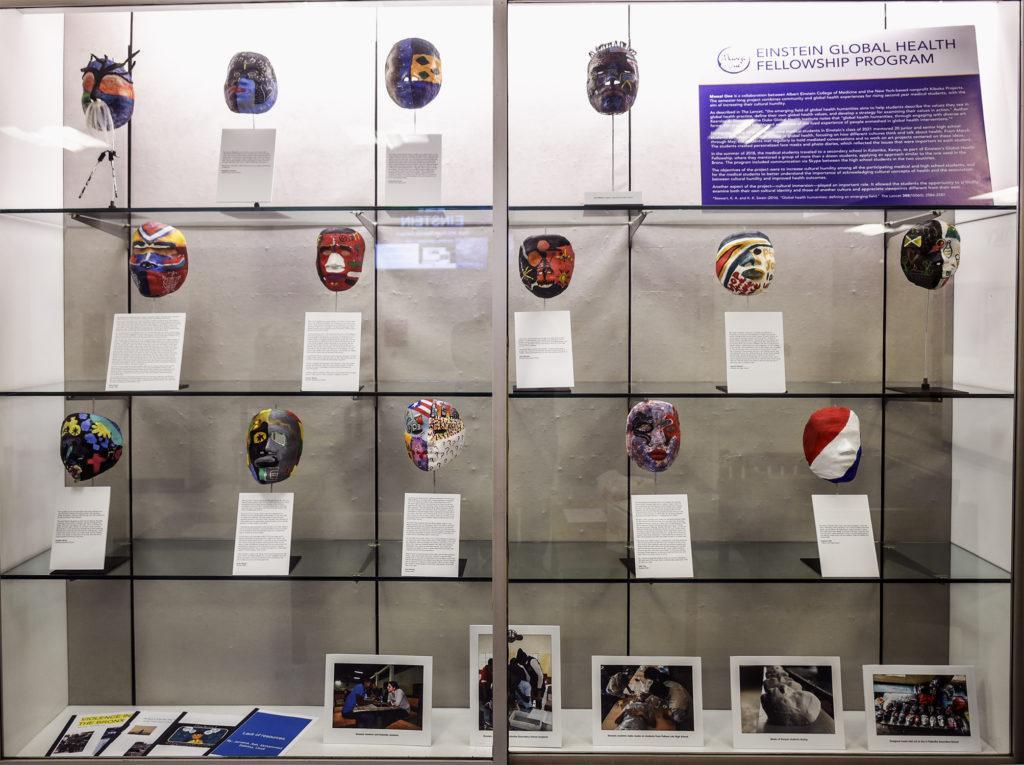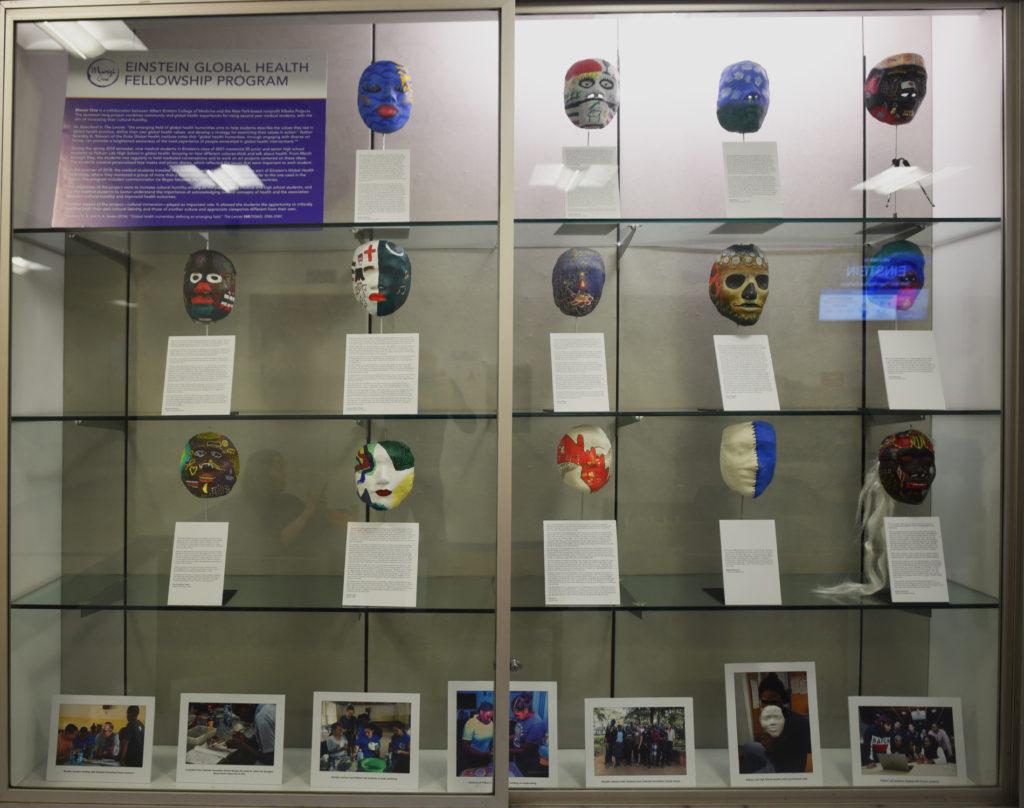The Mwezi One, Kenya Project is a collaboration between Albert Einstein College of Medicine and the New York-based nonprofit Kiboko Projects. The semester-long project combines community and global health experiences for rising second-year medical students, with the aim of increasing their cultural humility.
As described in The Lancet, “the emerging field of global health humanities aims to help students describe the values they see in global health practice, define their own global health values, and develop a strategy for examining their values in action.” Author Kearsley A. Stewart of the Duke Global Health Institute notes that “global health humanities, through engaging with diverse art forms, can provoke a heightened awareness of the lived experience of people enmeshed in global health interventions.”
During the spring 2018 semester, nine medical students in Einstein’s class of 2021 mentored 20 junior and senior high school students at Pelham Lab High School in global health, focusing on how different cultures think and talk about health. From March through May, the students met regularly to hold mediated conversations and to work on art projects centered on these ideas. The students created personalized face masks and photo diaries, which reflected the issues that were important to each student.


In the summer of 2018, the medical students traveled to a secondary school in Kalamba, Kenya, as part of Einstein’s Global Health Fellowship, where they mentored a group of more than a dozen students, applying an approach similar to the one used in the Bronx. The program included communication via Skype between the high school students in the two countries.
The objectives of the project were to increase cultural humility among all the participating medical and high school students, and for the medical students to better understand the importance of acknowledging cultural concepts of health and the association between cultural humility and improved health outcomes.
Another aspect of the project—cultural immersion—played an important role. It allowed the students the opportunity to critically examine both their own cultural identity and those of another culture and appreciate viewpoints different from their own.
*Stewart, K. A. and K. K. Swain (2016). “Global health humanities: defining an emerging field.” The Lancet 388(10060): 2586-2587.
The Mwezi One,Kenya project was temporarily halted after the first year due to the pandemic; it is now scheduled to continue within the next year, with more of a focus on One Health, an approach that recognizes that the health of people is closely connected to the health of animals and our shared environment. The mentoring of high school and college students by medical students will also continue, as that is an essential component of the project.